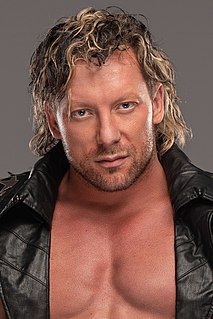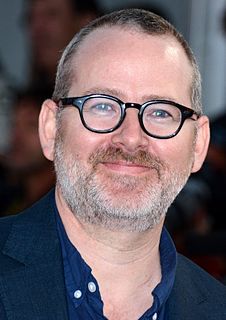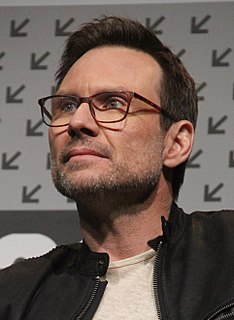A Quote by Donald Rumsfeld
Success tends to go not to the person who is error-free, because he also tends to be risk-averse. Rather it goes to the person who recognizes that life is pretty much a percentage business. It isn't making mistakes that's critical; it's correcting them and getting on with the principal task.
Related Quotes
When things get bad enough, then something happens to correct the course. And it's for that reason that I speak about evolution as an error-making and an error-correcting process. And if we can be ever so much better - ever so much slightly better - at error correcting than at error making, then we'll make it.
What I bring to the interview is respect. The person recognizes that you respect them because you're listening. Because you're listening, they feel good about talking to you. When someone tells me a thing that happened, what do I feel inside? I want to get the story out. It's for the person who reads it to have the feeling . . . In most cases the person I encounter is not a celebrity; rather the ordinary person. "Ordinary" is a word I loathe. It has a patronizing air. I have come across ordinary people who have done extraordinary things. (p. 176)
In the West everybody recognizes the need for a private sector, pretty much, even the one Socialist group understands this now, and so there tends to be debate about how much public sector intervention you think is needed for a variety of reasons, and there are very important differences on party lines that should be fought out.
My philosophy, one of the biggest enemies of future success is past success, because you become complacent, you become risk averse, and that's one of the things we try to drive here, and this is fundamental to this philosophy, and that's in this component change, and also in value creation. That we need to drive creative destruction, not just incremental innovations, but innovations that will change the whole nature of the business.































